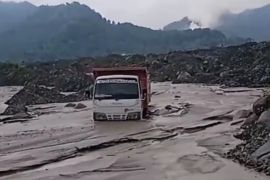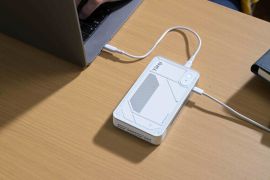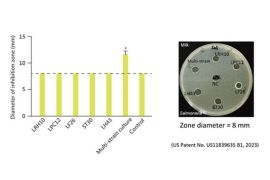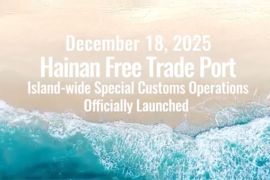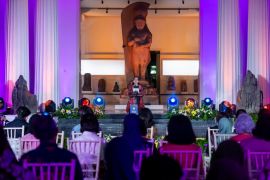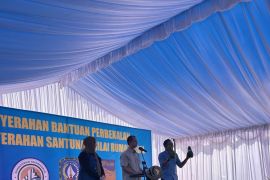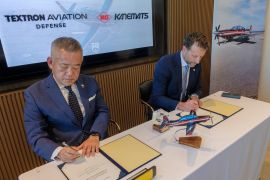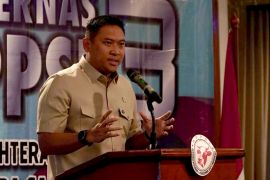But the news prompted criticism from Tsais political opponents who called for a full explanation.
The leaked documents from a Panamanian law firm that specialises in setting up offshore companies have shone a light on the finances of politicians and public figures around the world, causing public outrage over how the powerful are able to hide money and avoid tax.
Taiwan President-Elect Tsai Ing-wens brother, Tsai Ying-yang, set up the offshore firm, Koppie Limited, in 2008 at the ecommendation of a foreign private banking adviser on personal investments, his lawyer, Lien Yuan-lung, told Reuters, declining to elaborate.
"He lost 30 percent of the investment in the first year, so he closed the contract with the bank immediately...," Lien said by phone. "He was not involved in money laundering, hiding the Tsai familys wealth overseas, evading tax or anything illegal."
The president-elects Democratic Progressive Party (DPP) declined to comment. But the opposition Nationalist Party called for an explanation.
"According to practice and research from the past, there are three purposes to set up companies in Panama: to evade tax, to invest overseas, especially in China, and to avoid supervision (by the Taiwan government)," lawmaker William Tseng told a news briefing. "Which of these was it? Tsai Ing-wen and her relatives should fully explain."
Panama is one of just 22 allies, including the Vatican, which maintain formal diplomatic ties with Taiwan, with most countries in the world recognising "one China", led by Beijing. China claims Taiwan as a wayward province and says it has no right to have diplomatic relations with anyone.
Icelandic Prime Minister Sigmundur David Gunnlaugsson became the first major casualty of the Panama Papers revelations, stepping down on Tuesday after the files showed his wife owned an offshore firm with big claims on the countrys collapsed banks.(*)
Editor: Heru Purwanto
Copyright © ANTARA 2016
